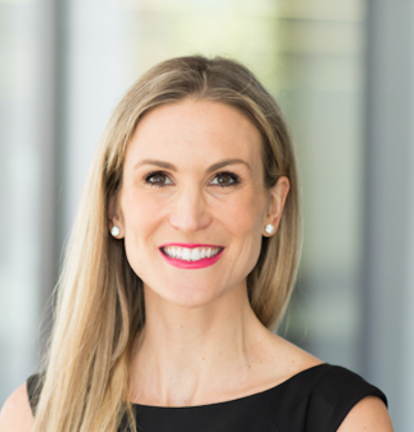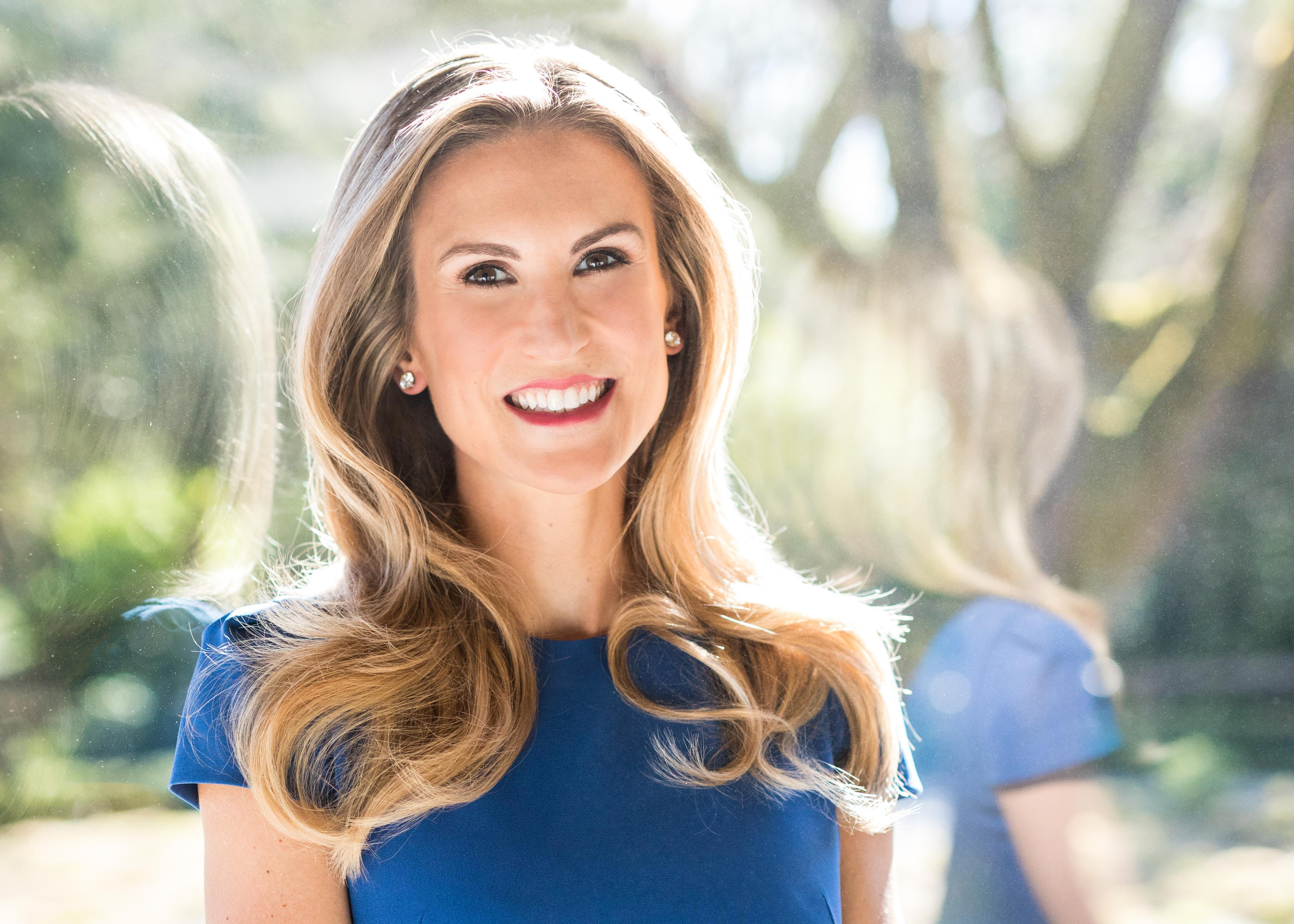As an OB/GYN physician-researcher at University of California San Francisco (U.C.S.F.) who specializes in fertility, COVID-19 has raised urgent questions for my patients about the safety of pregnancy. As a pregnant woman myself, these questions hit even closer to home. Patients already pregnant and those planning pregnancies need to know: what are the implications of COVID-19 for pregnant women and their babies?
Currently, we just don’t know. There are no data about the effects of COVID-19 infection in the first trimester of pregnancy. This is the critical and most vulnerable period of fetal development when all the organ systems form. It’s when the placenta, the connection between mom and baby responsible for ongoing growth and development, also wires up.
We have cause to be concerned, though. Fevers in early pregnancy are associated with increased risk of miscarriage. Some viral infections, like Zika and cytomegalovirus (CMV), the most common congenital viral infection, may disrupt fetal development and cause birth defects. With Zika, pregnant women who never had any symptoms of illness were just as likely to have a baby born with a birth defect. Some viral infections, even without passing directly from mom to baby, can cause a harmful inflammatory response which affects brain development and increase the risk for problems like autism and schizophrenia among offspring.
What about COVID-19? We have no answers. But, we are poised to get them.
My colleagues at U.C.S.F. Heather Huddleston, M.D., and Marcelle Cedars, M.D., and I have pivoted our research and will leverage our expertise in reproductive biology to confront COVID-19 head-on. We developed a study called ASPIRE (Assessing the Safety of Pregnancy in the Coronavirus Pandemic) with a multidisciplinary team of experts at U.C.S.F. to address the urgent unknowns related to COVID-19 and pregnancy in real time.
In ASPIRE, we have partnered with the Society for Assisted Reproductive Technology (SART), a network of about 400 clinics across The United States that supervises the early pregnancy care for more than 100,000 pregnancies each year.
Traditionally, the crucial first trimester of pregnancy has been inaccessible to medical research because most pregnant women don’t get in with their obstetrician until 10-12 weeks along, near the end of their first trimester. Through our SART collaboration, our study is positioned to unlock access to this early window of pregnancy with precise gestational dating, enabling breakthrough discoveries that will promote the health and safety of pregnant women and their babies around the world.
Critically, by following women over the course of their pregnancies, we can also learn about the new stressors and challenges to their health and wellness during this unprecedented time. We know these factors play a crucial role in pregnancy experience and outcomes. We hope to identify resources to help women not just survive but also thrive, despite new challenges.
As a pregnant woman myself, I know this work is especially urgent. With my first baby on the way, the tragedies of pregnant women laboring alone due to hospital restrictions on visitors, of pregnant women intubated on ventilators, of new moms immediately separated from their newborns at birth while being ruled out for COVID-19 infection, cut extra deep.
ASPIRE is ready to address these urgent questions with immediate implications for pregnant women and their unborn children. Yet, obstacles to scientific progress remain. Unfortunately, of the nearly $2 billion of COVID-relief funding distributed by the government, $0 has been allocated to pregnancy health and child development.
This may seem hard to believe. However, part of the reason we are so unprepared in our current situation is the failure to make pregnancy and child development a research priority.
There have been two outbreaks of related coronaviruses in the past 20 years (SARS and MERS). Yet, you can just about count on your fingers the number of pregnancies reported in the medical literature to learn from after these epidemics. This extremely limited experience suggested a higher risk of severe maternal illness and death, fetal loss and preterm birth.
COVID-19 is different though, a virus never before encountered by the human species until just five months ago. Today, with nearly three million confirmed COVID-19 cases across the globe, we must do better. This will not be the last infectious challenge faced by humanity. We cannot leave women and children behind.
I have a deep and very personal appreciation for motherhood. My mom died when I was 6. I’ve devoted my life to caring for other moms. I see my daily work as a fertility physician as a celebration of motherhood, building families and honoring the special bond between parents and their children.
Now more than ever, I feel this call to duty, and a real opportunity to deliver impact at scale. As a pregnant pregnancy physician and scientist, I find myself in a curious position. I am participating in my own study as both researcher and researched subject. I feel gratitude for this chance to amplify my impact.
This week I turn 35, the age my mom was when she died. Thirty years later, my heart still aches. While I was not able to protect my own mom, I am committed to protecting and promoting the safety of her first granddaughter (currently a mere pound of fetal potential!), other mothers in the making, and our society’s future generations through our work in the ASPIRE study.
Here are a few ways I am protecting my mental and physical well-being during COVID-19:
1) Channeling challenge into positive change. Through ASPIRE, I can redirect energy that might otherwise provoke anxiety into an opportunity to contribute meaningful and urgent information that will promote the health and safety of pregnant women, their unborn children, families and society. This fills me with gratitude and purpose.
2) Drumming through disaster. After I played the drums with the band at our wedding, my husband bought me a drum kit to celebrate my 11 years of medical training. Music keeps me connected and fills my life with meaning. My most cherished childhood memories involved making music with my mom — singing and playing the piano. To me, there is something deeply human and cathartic in drumming.

3) Prioritizing time in nature. In Northern California, we’ve had the most beautiful spring. I’m grateful to be able to run and practice yoga outside, as the trees and flowers blossom and birds soar, unperturbed by the pandemic. Nature doesn’t seem to notice — this gives me calm and perspective.
To learn more about the ASPIRE study or how you might contribute to the cause, visit aspire.ucsf.edu. Dr. Jaswa also invites you to email her directly at [email protected].


